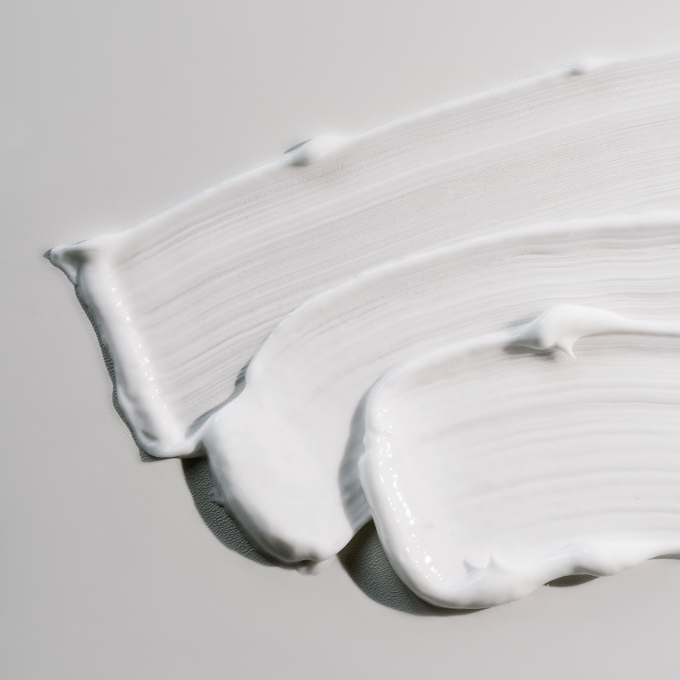When it comes to aesthetic treatments, a thorough consultation isn’t just a formality, it’s a vital part of achieving safe, natural-looking results. Whether you're considering dermal fillers, skin boosters, or any other treatment, taking the time to sit down with your practitioner, ask the right questions, and get honest, detailed answers can make all the …
When it comes to aesthetic treatments, a thorough consultation isn’t just a formality, it’s a vital part of achieving safe, natural-looking results. Whether you’re considering dermal fillers, skin boosters, or any other treatment, taking the time to sit down with your practitioner, ask the right questions, and get honest, detailed answers can make all the difference.
Unfortunately, with the rise of quick-fix beauty solutions and an ever-growing number of unqualified practitioners, it’s easy for patients to feel overwhelmed or underinformed. But knowledge is power, and asking the right questions can help you make confident, safe decisions about your treatment.
Why the Consultation Is So Important
Your consultation isn’t just a box to tick before booking in. It’s where everything begins. It’s a chance to get to know your practitioner, understand your options, discuss your concerns, and build a treatment plan that’s completely tailored to you.
It’s also your opportunity to assess whether the person sitting across from you is someone you trust, someone who prioritises your safety, listens to your goals, and takes the time to educate and support you, not just sell you a treatment.
An ethical, experienced practitioner won’t rush you. They’ll give you space to ask questions, explain all possible outcomes (including what could go wrong), and only recommend treatments that suit your individual needs. That’s what sets apart a good consultation, and a great practitioner.
How I Approach Consultations
In my own practice, consultations are never rushed or treated as a formality. They’re one of the most important parts of your entire journey, and I treat them that way. Every appointment begins with a relaxed, open conversation. I want to understand not just what you’re hoping to change, but why, and how it fits into your wider sense of confidence and wellbeing.
Rather than diving straight into treatment options, I start by looking closely at your skin, your facial structure, and any underlying factors that might be influencing your concerns. We’ll talk about your lifestyle, medical history, skincare routine, and previous aesthetic experiences, all of which help me build a clear, honest picture of what’s right for you.
You’ll never be pressured into a treatment. I’ll talk you through the options I believe are suitable, explain why I’m recommending them, and make sure you understand what results to realistically expect, how long they’ll take, and how to maintain them. If something isn’t needed, I’ll tell you. If I think we should wait, I’ll explain why. Transparency and trust are non-negotiable.
I also believe consultations should be educational. This is your skin, your face, you deserve to feel informed, empowered, and confident in any decision you make. Whether you’re completely new to aesthetics or simply exploring something different, I’m here to guide you, not sell to you.
So, what should you be asking during your consultation? Here are four important questions that can make all the difference, and why they’re worth asking.
1. How Often Do You Perform This Procedure?
This may seem like a simple question, but it’s one of the most telling.
Many aesthetic practitioners offer a wide range of treatments, from toxin and fillers to advanced skin boosters and medical-grade skincare. But just because someone offers a treatment doesn’t mean they regularly perform it.
Asking how often your practitioner carries out the specific procedure you’re considering helps you understand their level of experience and how refined their technique is. The more frequently they perform a treatment, the more comfortable they’ll be with managing subtle variations in anatomy, responding to unexpected challenges, and achieving consistent results.
This is especially important for more advanced or delicate treatments, like under-eye filler or skin rejuvenation injections, where precision and confidence make a big difference.
A confident practitioner will have no issue sharing this information. If their answer feels vague or they avoid specifics, that’s worth noting.
2. What Kind of Results Can I Expect?
This is where a practitioner’s honesty really matters.
Every face is different. So are individual goals, skin types, and ageing patterns. A trustworthy practitioner won’t overpromise or use language that guarantees perfection. Instead, they’ll talk you through realistic outcomes based on your features, medical history, and the treatment being discussed.
This conversation is also a chance to explore whether the treatment you think you want is actually the one that will give you the result you’re looking for. A great practitioner will gently guide you toward what’s right for you, even if that means suggesting something different than what you originally came in for.
For example, if you’re asking about lip filler but your practitioner notices a lack of support in the lower face, they may recommend addressing the chin or jawline first to achieve balance. This kind of honesty and strategic thinking is a sign of a true professional.
They should also walk you through how long results will last, how the treatment will evolve over time, and what kind of maintenance may be required. Clear expectations are key to long-term satisfaction.
3. What Should I Do Before and After Treatment?
Planning is essential for successful treatment, and recovery.
Ask your practitioner what you need to do both before and after your procedure to ensure the best results and minimise risk. In most cases, this may include avoiding alcohol or anti-inflammatories in the lead-up to your appointment, and steering clear of exercise, extreme heat (like saunas), or sunlight for 24–48 hours afterwards.
Some treatments require specific skincare prep or downtime planning, and you deserve to be fully prepared, not left Googling or second-guessing what’s safe.
A good practitioner will provide personalised aftercare instructions and explain why each step is important. They may also check in with you post-treatment to see how you’re healing and whether you have any concerns.
Remember: excellent results don’t just come from what happens in the chair, they’re supported by everything that happens around it.
4. What Happens If Something Goes Wrong?
This is a question no one really wants to ask, but it’s one of the most important. Every aesthetic treatment, no matter how routine, carries some level of risk. Complications are rare, but they can happen. What matters most is knowing that if something does go wrong, your practitioner is fully prepared to manage it calmly, safely, and effectively.
A responsible and experienced practitioner won’t dismiss your concerns with vague reassurances like, “It never happens.” Instead, they’ll give you a clear and honest explanation of how they handle complications, what protocols they have in place, and how they’ll support you if you experience an unexpected outcome. This includes things like being trained and qualified to dissolve filler if necessary, knowing when to refer for further care, and being able to prescribe medication if it’s needed.
It’s also important to ask what to do if something doesn’t feel right after treatment. Will you be able to contact them easily? Do they offer follow-up support? Will you be checked on after your appointment? Feeling safe isn’t just about the treatment itself, it’s about knowing you’re not on your own once you walk out the door.
Consultations should give you the space to ask these questions without hesitation. They’re more than a formality, they’re the foundation of good aesthetic care. A practitioner who welcomes open, honest discussion and gives you full transparency about risks is someone who prioritises your wellbeing above all else. When you feel informed and supported, you can move forward with confidence, knowing you’re in safe hands from start to finish.
To recap, here are the four key questions to ask:
- How often do you perform this procedure?
Frequency often reflects skill and confidence. - What results can I realistically expect?
Your practitioner should provide honest, personalised insight. - What do I need to do before and after treatment?
Good planning and clear aftercare make a big difference. - What happens if something goes wrong?
You deserve to know you’ll be supported through every scenario.
A responsible, well-trained practitioner will welcome these questions, because your safety and trust should always come first.








